Get in touch
555-555-5555
mymail@mailservice.com
Got Questions?
FAQ
FAQ for Parents of Students Who Need Support
Lorem ipsum dolor sit amet, consectetur adipiscing elit, sed do eiusmod enim tempor incididunt ut labore et dolore magna aliqua
1. What types of support are available for my child?
- Academic Support: This includes tutoring, homework help, and study skills workshops.
- Special Education Services: If your child has a learning disability or other special needs, they may qualify for an Individualized Education Program (IEP) or a 504 Plan.
- Emotional and Social Support: Counseling services, social skills groups, and bullying prevention programs are available to help with emotional and social development.
- Evaluation: Consider having your child evaluated by a school psychologist or an educational consultant to determine their specific needs (SchoolWorks).
2. What is an IEP and how can my child get one?
- IEP: An Individualized Education Program (IEP) is a document developed for each public school child who needs special education. It outlines specific educational goals and the services the school will provide.
- Process: To get an IEP, request an evaluation from your child’s school. If the evaluation shows that your child qualifies for special education services, an IEP team will work with you to create the plan (SchoolWorks).
3. What is a 504 Plan and how does it differ from an IEP?
- 504 Plan: A 504 Plan provides accommodations for students with disabilities to ensure their academic success and access to the learning environment.
- Difference: Unlike an IEP, which provides specialized instruction, a 504 Plan provides accommodations such as extended time on tests or preferential seating. It is designed for students who do not require specialized instruction but need some accommodations (SchoolWorks).
4. How can I support my child’s learning at home?
- Environment: Create a quiet, organized space for studying.
- Routine: Establish a consistent homework routine.
- Resources: Use online resources and educational games to reinforce learning. Communicate regularly with your child’s teachers to stay informed about their progress and any additional support they might need (LEK Consulting).
5. How can I advocate for my child at school?
- Communication: Maintain open lines of communication with teachers and school staff.
- Meetings: Attend parent-teacher conferences and IEP/504 meetings prepared to discuss your child’s needs and progress.
- Documentation: Keep records of your child’s assessments, IEPs, and correspondence with the school. This can be helpful if you need to advocate for changes or additional support (LEK Consulting).
FAQ
FAQ for Schools to Support Struggling Students
Lorem ipsum dolor sit amet, consectetur adipiscing elit, sed do eiusmod enim tempor incididunt ut labore et dolore magna aliqua
1. What steps can we take to support students who are falling behind academically?
- Individualized Instruction: Provide differentiated instruction tailored to each student's needs.
- Tutoring Programs: Establish tutoring programs before or after school, using qualified teachers or peer tutors.
- Intervention Programs: Implement Response to Intervention (RTI) strategies to offer tiered levels of support based on student needs (McKinsey & Company) (SchoolWorks)
2. What can we do to help students manage emotional and behavioral challenges?
- Counseling Services: Provide access to school counselors, psychologists, and social workers for individual and group counseling.
- Social-Emotional Learning (SEL): Implement SEL programs to teach students skills like self-awareness, self-management, social awareness, relationship skills, and responsible decision-making (SchoolWorks).
- Behavioral Interventions: Develop Positive Behavior Interventions and Supports (PBIS) to promote positive behavior and address behavioral issues constructively (LEK Consulting).
3. How can we engage parents in supporting their struggling students?
- Communication: Maintain regular communication with parents through meetings, emails, and progress reports.
- Workshops and Resources: Offer workshops and resources to help parents understand how to support their child's learning at home.
- Collaborative Planning: Involve parents in the development of intervention plans and IEP meetings to ensure they are part of the support process (SchoolWorks).
4. What professional development can we provide for teachers to better support struggling students?
- Training Programs: Offer training on differentiated instruction, RTI, and classroom management strategies.
- Workshops on SEL: Conduct workshops on social-emotional learning to help teachers support students' emotional well-being.
- Collaboration: Encourage collaboration and sharing of best practices among teachers through professional learning communities (PLCs) (SchoolWorks).
5. How can we create a school environment that supports all students?
- Inclusive Practices: Promote inclusive practices that accommodate diverse learning needs and foster a sense of belonging for all students.
- Positive School Climate: Work towards creating a positive school climate through anti-bullying programs, student engagement activities, and fostering respectful relationships.
- Student Voice: Encourage student input and participation in decision-making processes to ensure their needs and perspectives are considered (SchoolWorks).
By addressing these common questions, READY, SET, EDUCATE! Assists schools in better supporting struggling students and creating an environment that promotes their academic and emotional success.
Ready to take the next step on your journey to success? Explore our range of services, connect with our team, and discover how Ready Set Educate LLC can help you unlock your full potential.
info@readyseteducate.org
803-729-0674
